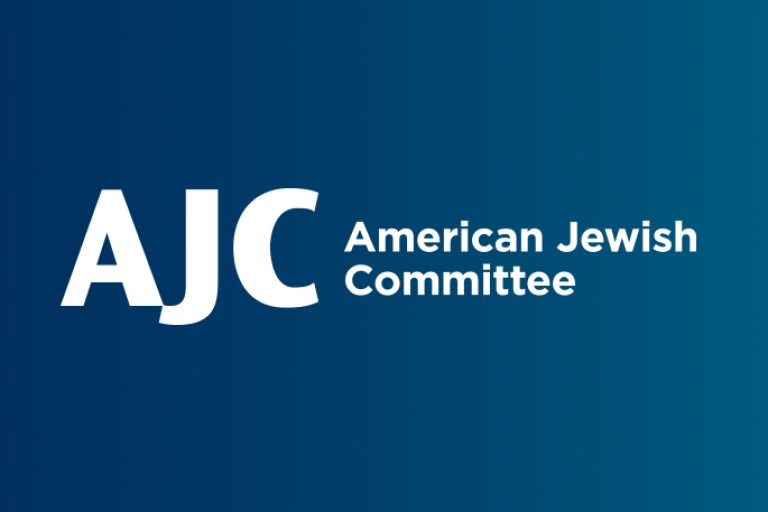August 16, 2016
The Yazidi people are wondering what happens after the international community determines that a genocide has been committed.
Two years ago, the Islamic State terrorist group invaded towns and villages in northern Iraq where this religious minority had lived for centuries, murdering men, sexually enslaving women, and forcibly converting children. It took the international community nearly two years before speaking out with clarity. On March 17, Secretary of State John Kerry declared that ISIL was guilty of genocide, a judgment the U.N. Human Rights Council echoed on June 16.
The genocide continues. Thousands of girls remain enslaved by ISIL as reports of new atrocities emerge. Hundreds of thousands of Yazidis have fled their homes and live in tent camps with other displaced Iraqis along the Turkish-Iraqi border. Although many Yazidis would like to return to their recently liberated homes in northern Iraq, they fear what awaits them. Some of their former Iraqi Arab neighbors who had joined in the murder, looting and rape have melted back into the civilian population. Reinforcing their sense of loneliness, the Yazidis lack the support of an organized diaspora that could mobilize international support and aid their resettlement abroad.
The official designation of a mass murder as genocide actually accomplishes little. The Genocide Convention of 1948 imposes no legal requirement on its signatory member states to take action. While the U.S. government continues its military campaign against ISIL, it has no specific plans for helping Yazidi victims or preventing new atrocities against them.
This is inadequate. That existing capability to take action has not been utilized signals a failure by the political leadership of both parties. Rhetorical declaration of genocide must be followed by specific, effective actions.
First, hold the perpetrators accountable. As the military campaign liberates more territory in northern Iraq, and as the Iraqis capture ISIL terrorists, the U.S. government should lay the groundwork for war crimes prosecutions. Earlier this year, more than a dozen mass graves were uncovered around Mount Sinjar.
Technical experts should be dispatched to work with Iraqi and Kurdish officials to preserve key forensic evidence for future trials. Justice Department training programs to prepare Iraqi prosecutors to conduct war crimes cases, halted several years ago, should be reinstituted and expanded. The U.S. should press the United Nations to establish a war crimes tribunal for the Yazidi genocide.
Second, provide targeted humanitarian support. Longstanding U.S. policy was to not single out religious minorities for special treatment but to support their integration into Iraqi society. That approach should be revised now that the Yazidis have been targeted for genocide.
Yazidis are from poor farming communities and have few resources. The U.S. Agency for International Development should focus humanitarian aid on them, including psychiatric counseling for survivors. Congress should consider expanding the Lautenberg Amendment, which establishes a presumption of refugee-status eligibility for certain categories of people, to include the Yazidis, thereby helping those who seek resettlement in the USA.
Third, protect the Yazidis who want to return to their homes. The future status of the Yazidi homeland around Mount Sinjar is unclear. Historically part of the Arab majority province of Ninevah, Sinjar is ethnically Kurdish in part, and the Kurdish regional government would like to annex it. The U.S. should work with the anti-ISIL coalition and the U.N. to establish a safe zone in the Sinjar district, deploy a limited number of ground troops to stabilize the area and allow the safe return of Yazidis and others to their towns and villages, while its political future is worked out between the national government in Baghdad and the Kurdish regional government in Irbil.
Over the past 25 years, the U.S. has designated four mass killings as genocides: Bosnia (1993), Rwanda (1994), Sudan (2004), and now Iraq and Syria. Genocide has continued after the introduction of smartphones and other technology to report it, and following creation of the Atrocities Prevention Board to elevate the agenda of taking action against it.
The U.S. has allies and resources available to hold perpetrators accountable, provide targeted aid to victims and protect them as they return home. Failure to act will speak much louder than rhetorical declarations.
When Yazidi leader Vian Dakhil received the American Jewish Committee's Moral Courage Award in June, she pleaded with the international community "to help Yazidis return to their normal lives, to comfort and reassure them.”
The missing ingredient is the courage of our convictions.
Robert Silverman, a former Foreign Service officer, is director of Muslim-Jewish Relations at the American Jewish Committee.


